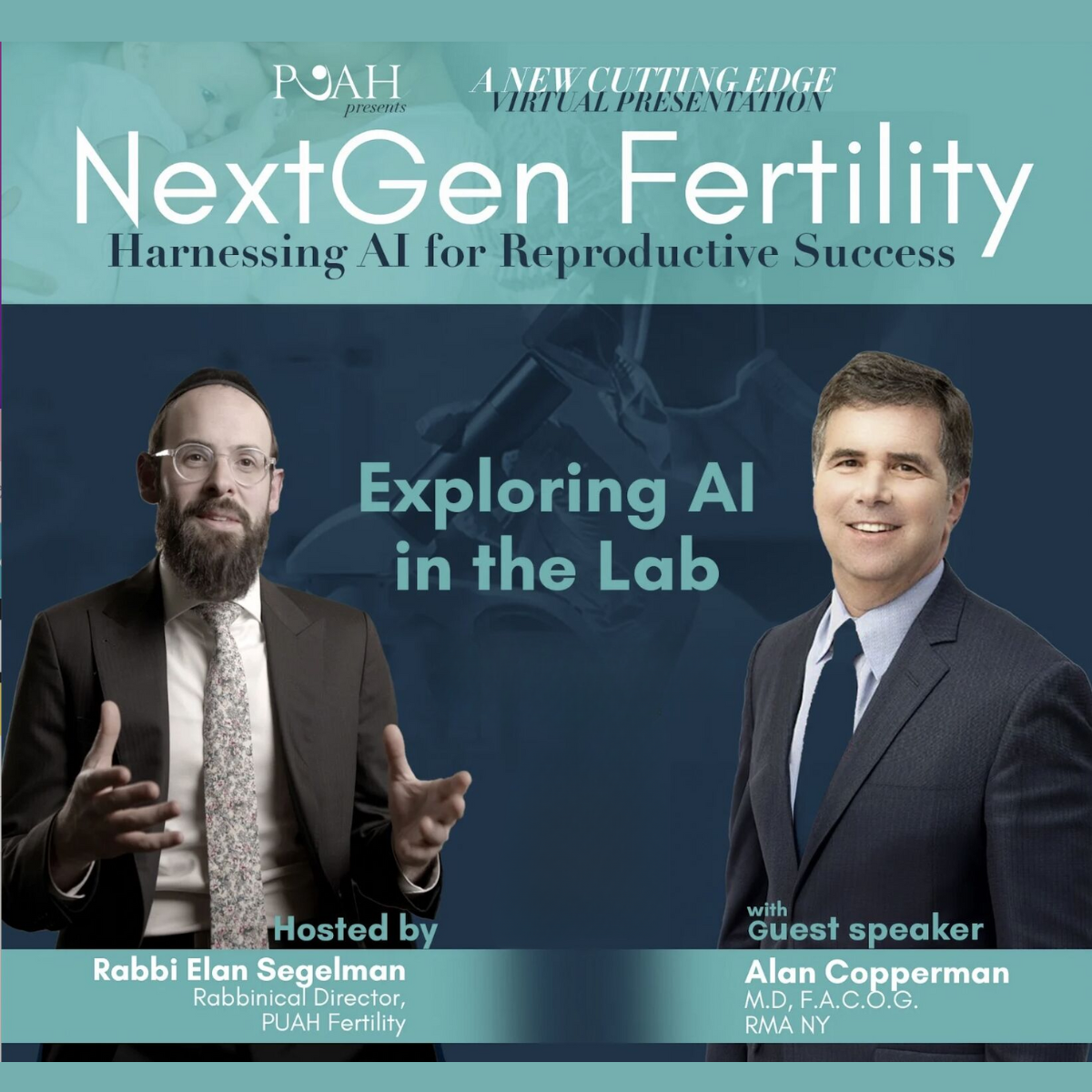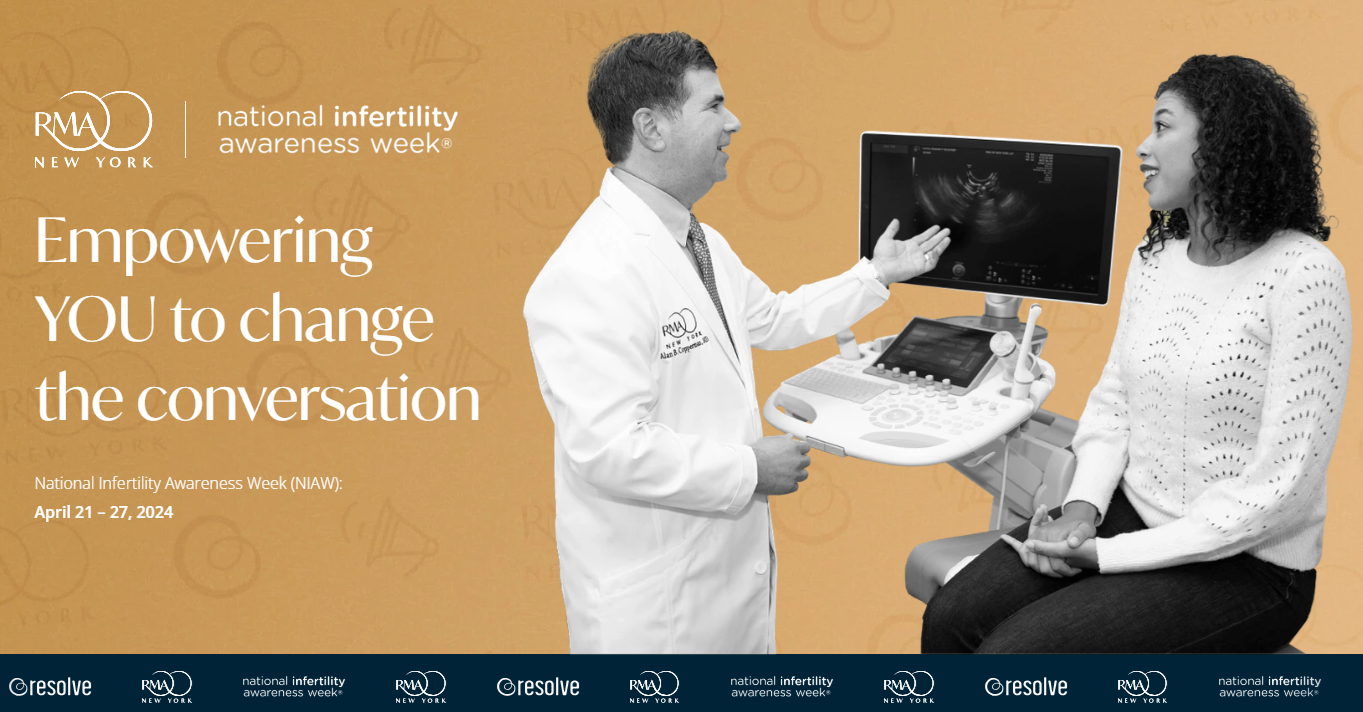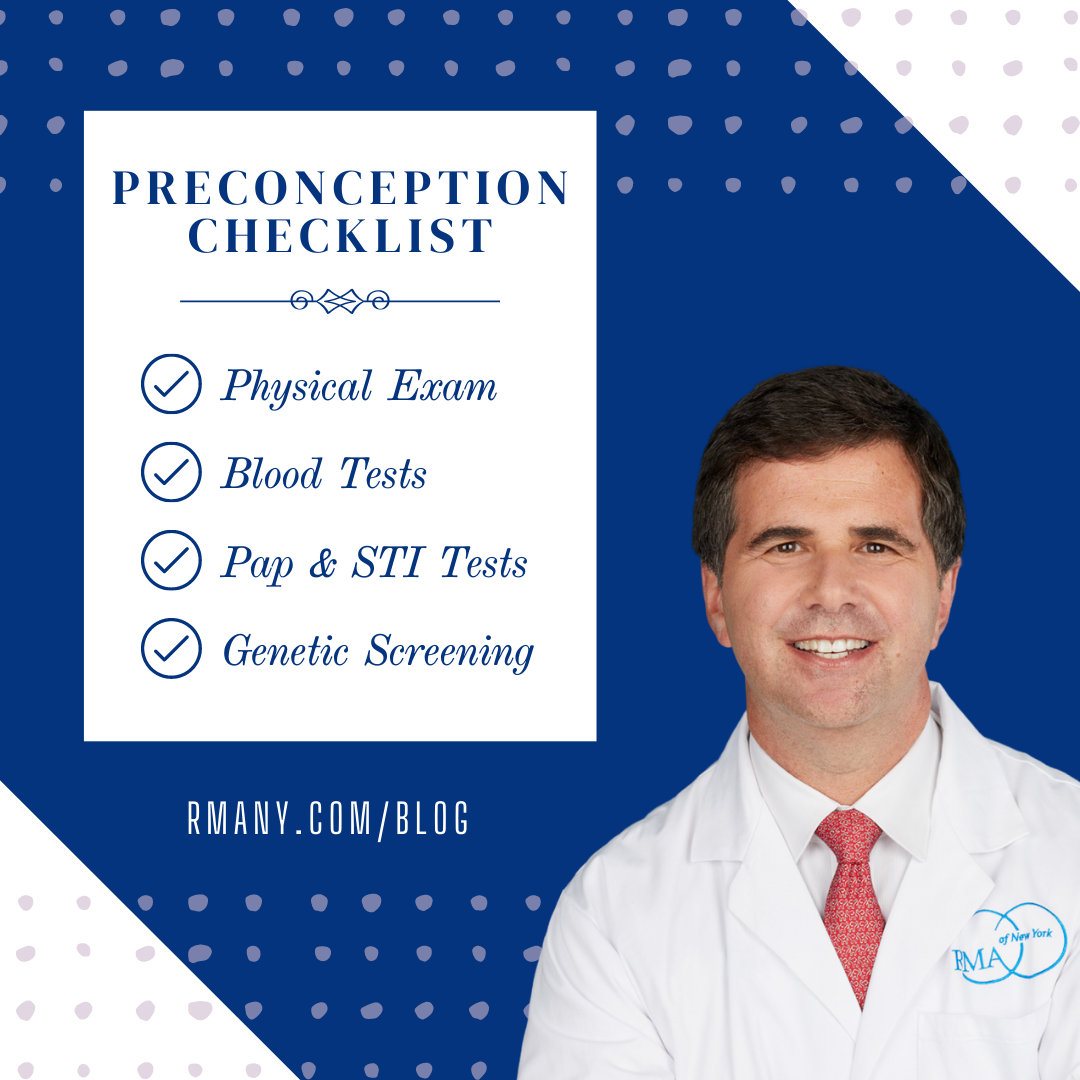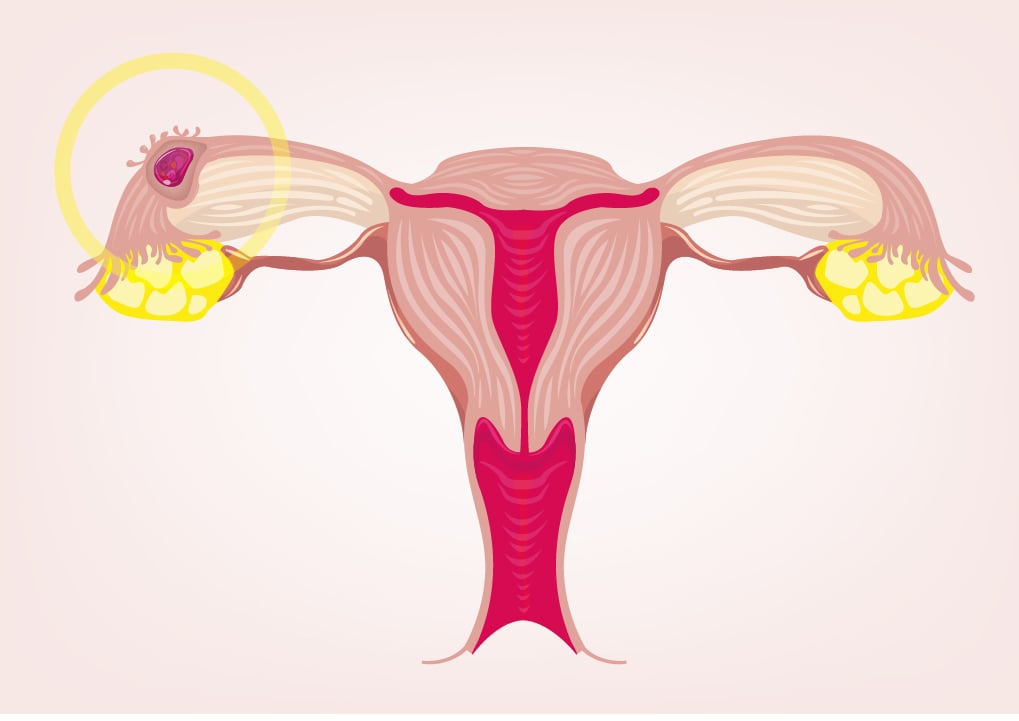Author: Alan B. Copperman, MD

Shared Biological Parenthood: How Co-IVF Is Empowering LGBTQ+ Couples
Over the past several decades, the definition of family has beautifully expanded. Today, families …
June 12, 2025
![Looking Ahead to 2025: Celebrating Progress and New Beginnings]()
Looking Ahead to 2025: Celebrating Progress and New Beginnings
As we bid farewell to 2024, Reproductive Medicine Associates of New York reflects with pride on a …
December 19, 2024
Read More![Exploring AI in the IVF Lab]()
Exploring AI in the IVF Lab
In this webinar, Dr. Alan Copperman and Rabbi Elan Segelman, Rabbinical Director of PUAH Fertility, …
September 24, 2024
Read More![Embracing Hope and Support: National Infertility Awareness Week and RMA of New York]()
Embracing Hope and Support: National Infertility Awareness Week and RMA of New York
In the realm of fertility, silence and shame once clouded the landscape, but today, we stand …
April 21, 2024
Read More![RMA of New York Sets a New Standard of Care and Scientific Innovation Combining Forces with Shady Grove Fertility New York]()
RMA of New York Sets a New Standard of Care and Scientific Innovation Combining Forces with Shady Grove Fertility New York
For more than two decades, RMANY has been providing the highest standards of reproductive medical …
March 12, 2024
Read More![Reflecting on a Monumental Year at RMA of New York]()
Reflecting on a Monumental Year at RMA of New York
One of our most significant achievements this year was fostering an inclusive environment where …
December 21, 2023
Read More![Preconceptual Testing]()
Preconceptual Testing
If you and your partner are considering becoming pregnant, your physician may recommend a variety …
January 31, 2022
Read More![Management of Pregnancy of Unknown Location (PUL)]()
Management of Pregnancy of Unknown Location (PUL)
Your pregnancy test is positive, but when you come into the doctor’s office for an ultrasound, the …
September 13, 2021
Read More![What is Ovarian Hyperstimulation Syndrome (OHSS), and how can I prevent it?]()
What is Ovarian Hyperstimulation Syndrome (OHSS), and how can I prevent it?
Ovarian hyperstimulation syndrome (OHSS) is a potential, albeit very rare, complication of …
September 6, 2021
Read More![Access to Care and Why it Matters for Fertility]()
Access to Care and Why it Matters for Fertility
Roughly 6.7 million women in the U.S. have difficulty having children, but only about a quarter of …
July 12, 2021
Read More









